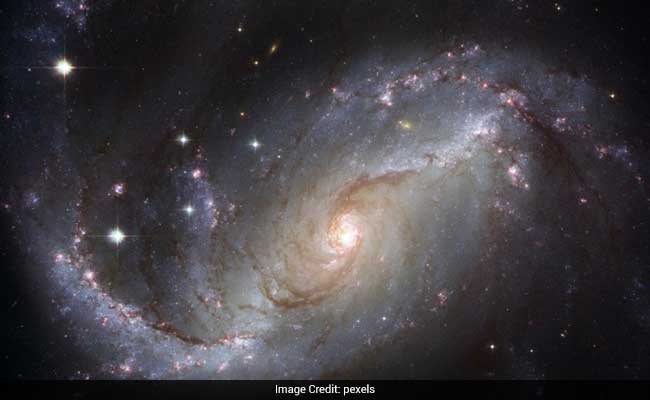
In laboratory condition mimicking interstellar space, NASA created DNA’s sugar. (Representative)
The research suggests that the sugar molecule that puts the “D” in DNA — 2-deoxyribose — could exist in the far reaches of space.
In laboratory conditions that mimic interstellar space, a team of NASA astrophysicists was able to create DNA’s sugar.
According to them, yet another of life’s critical chemical building blocks could be widespread in the universe and potentially seed other planets as well.
“We don’t yet know whether life is common in the universe, but we’re pretty sure the presence of life’s building blocks is not a limiting factor,” said lead author Michel Nuevo, a researcher at NASA’s Ames Research Center in California’s Silicon Valley.
The results, published in the journal Nature Communications, represent the first substantial evidence of the formation of DNA’s sugar in an astrophysical setting.
These complex sugars add to the growing list of organic compounds found on meteorites and in cosmic-like laboratory conditions. These include amino acids, the building blocks of proteins; nucleobases, the basic units of the genetic code; and amphiphiles, the class of molecules used by life to produce the membranes around cells.
“The universe is an organic chemist. It has big beakers and lots of time – and the result is a lot of organic material, some of which is useful to life,” said Scott Sandford, a senior scientist in the Ames astrochemistry lab.
The early Earth was probably showered with such materials as meteoroids and comets pummelled its surface. Sugar derivatives like sugar acids and sugar alcohols have been found in these samples.
These sugar derivatives can evolve into the sugars used in DNA and RNA in the presence of water, giving researchers new avenues to explore the chemistry of life’s beginnings.
[“source=ndtv”]









